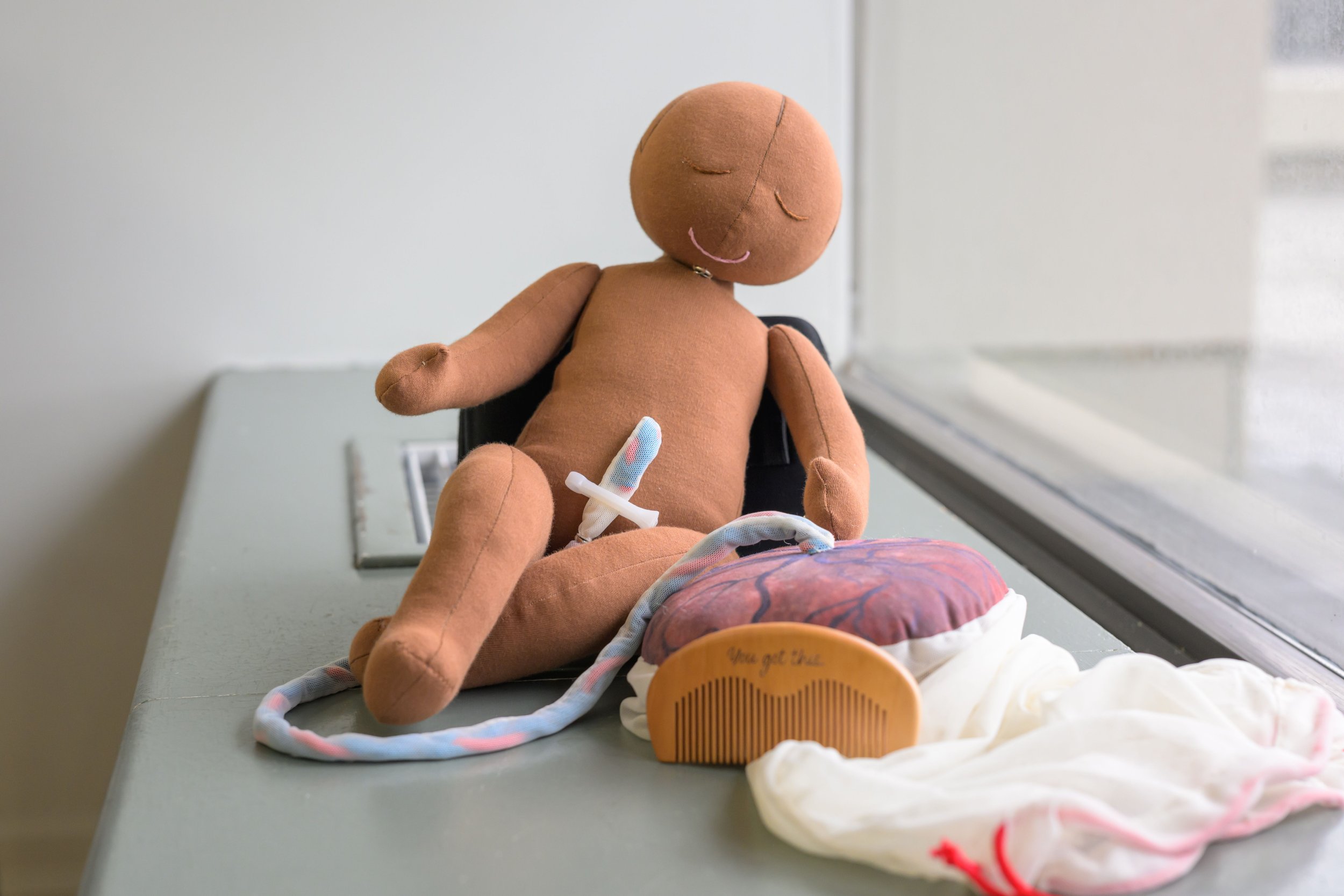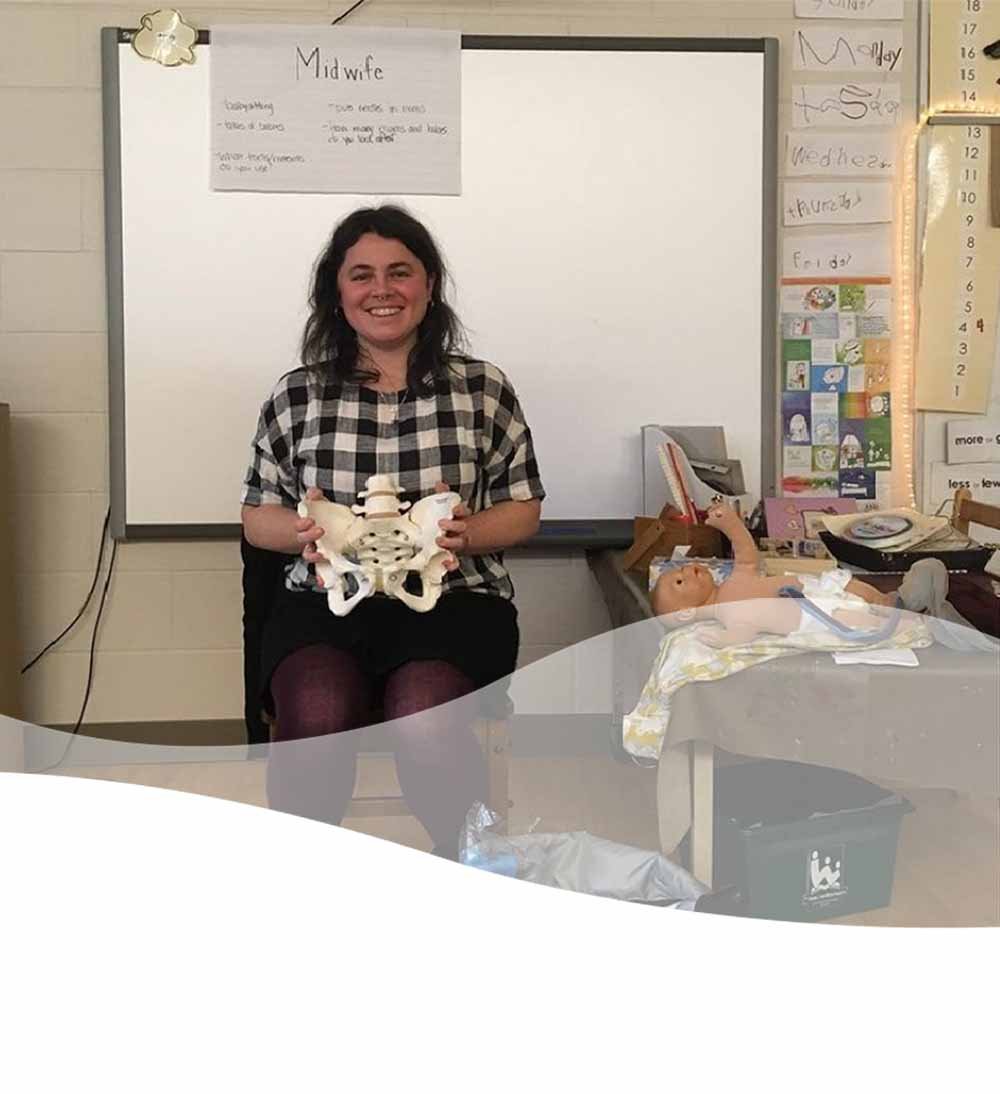
Resources

Resources
Leaving Midwifery Care
It’s amazing how quickly the 6 weeks after the birth of your baby will go and sometimes it’s hard to say goodbye to your midwives.
Feeding your Baby
Your midwives will help you and your baby with breastfeeding right after the birth. When you put your baby skin to skin it helps your milk production and the baby’s feeding reflexes are stimulated.
Care for the Newborn
Newborn infants have irregular patterns of breathing and they may take several quick breaths followed by a pause; this is a normal respiration pattern and you can expect your baby to breathe 40 to 60 times in one minute.
Your Body After your Birth
In the first day after your birth you will experience heavier bleeding than a normal period. You may have some clots that are the size of a plum. Having one large clot of blood the size of an orange can happen, but shouldn’t be larger than this.
Midwifery Care After the Birth
In the immediate postpartum (the time right after the birth), your midwives will help to make sure that you are recovering as expected. Rest, hydration and nourishment are all important to this period of recovery.
Trauma, Violence & Abuse
Midwives are primary care providers who are committed to supporting and helping their clients when a crisis arises that involves their client’s safety. “Over 1 in 10 women report experiencing spousal violence while pregnant.
Mental Health Resources
Midwives are primary care providers who are committed to supporting client’s mental health through the year of care. Ideally, the regular 30-45 minutes will give our clients and their midwives an opportunity to check in about on-going and newly developing mental health concerns.







